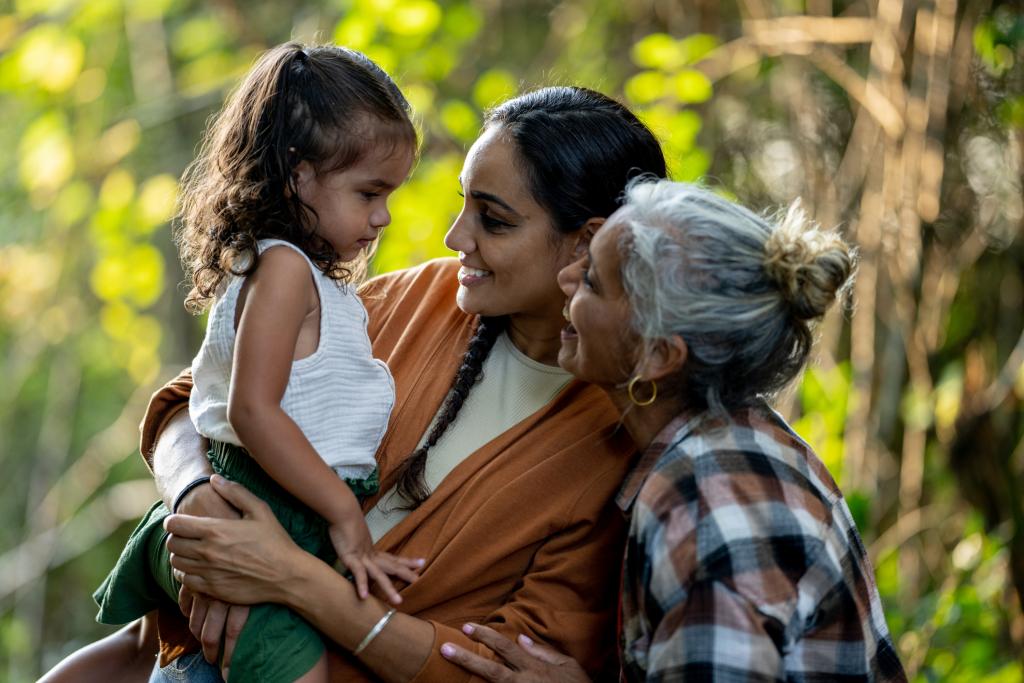In this Thesis Lab we explore how we can improve women’s health at all stages of life on a global scale. Traditionally, healthcare has been based on the male body, which has led to a lack of knowledge about the female body. The lack of knowledge about the female body has a major impact on the quality of life of women, but also has a major social and societal impact, especially in low- and middle-income countries (LMICs). In this Lab we explore how we can prioritize women’s health at all stages of life - from maternal and childcare to adult and elderly care. We pay special attention to digitalization, (technical) innovation, and sustainability. We aim to contribute to the improvement of healthcare for women and to effectively translate these improvements to healthcare in low-resource environments.
Details on the individual thesis assignments and themes that you can apply for can be found in the booklet below. Please note assignments 1, 2 and 7 are full.
Individual Thesis assignments or Themes
Main Challenge
How can we improve women’s health in low and high resources settings, with digitalization, (technical) innovation and sustainability?
organisation
The Global Women’s Health community is led by Medical Delta and LDE Global.
Medical Delta is a transdisciplinary collaboration involving more than 1,000 participants from Erasmus University, Erasmus MC, TU Delft, LUMC, Leiden University, and four universities of applied sciences in Zuid-Holland. Together with businesses, healthcare institutions, and governments, Medical Delta works on innovative solutions for sustainable healthcare.
The Leiden-Delft-Erasmus alliance is in the perfect position to contribute in an interdisciplinary way to the urgent global challenges we nowadays face. Not only locally, but worldwide. LDE Global closely collaborates with partners in Africa, South- and Southeast-Asia and Latin-America on topics such as Health, Water, Energy, Housing, Climate, Migration, Heritage and more.
Caseholders
We received thesis assignments from partners in our community:
- Leids Universitair Medisch Centrum (LUMC)
- LAYCO Medical Devices
- Female Cancer Foundation
- TU Delft
- PharmAccess Foundation
- Erasmus Medical Center



